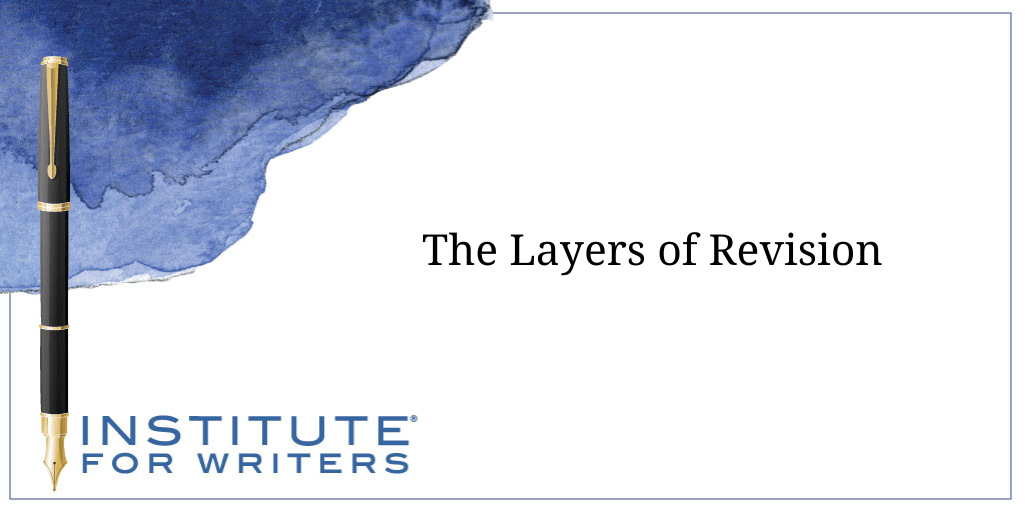
The Layers of Revision
To many, writing is revision, and most writers revise their manuscripts numerous times before they’ve shaped it into the best version that it can be.
Learn from published authors who have spent decades perfecting their writing craft. Our bi-weekly posts offer ways to improve your craft and support your writing for adult genres such as romance, mystery, thriller, horror, and adventure.

To many, writing is revision, and most writers revise their manuscripts numerous times before they’ve shaped it into the best version that it can be.
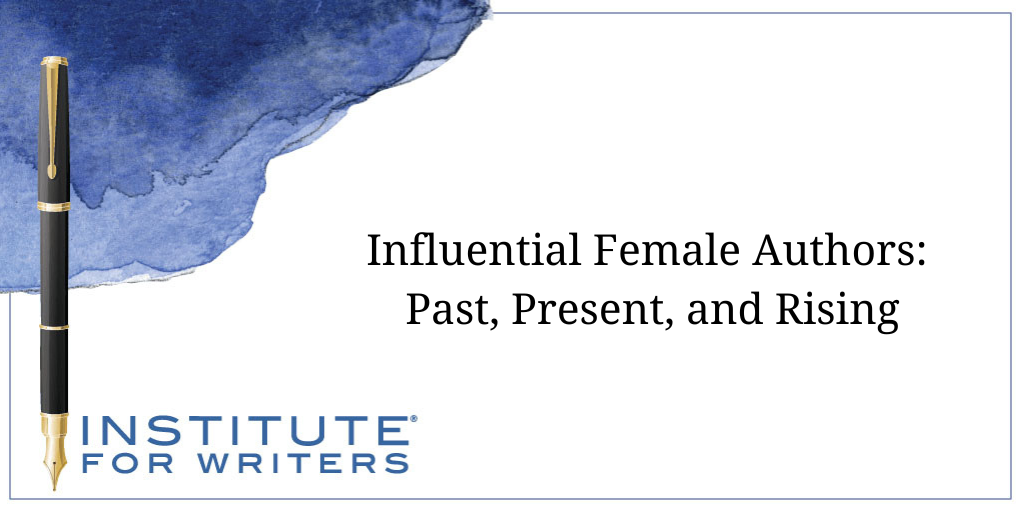
We’re going to look at influential female authors of the past, those impacting the present, and whom the industry expects to make a big splash.
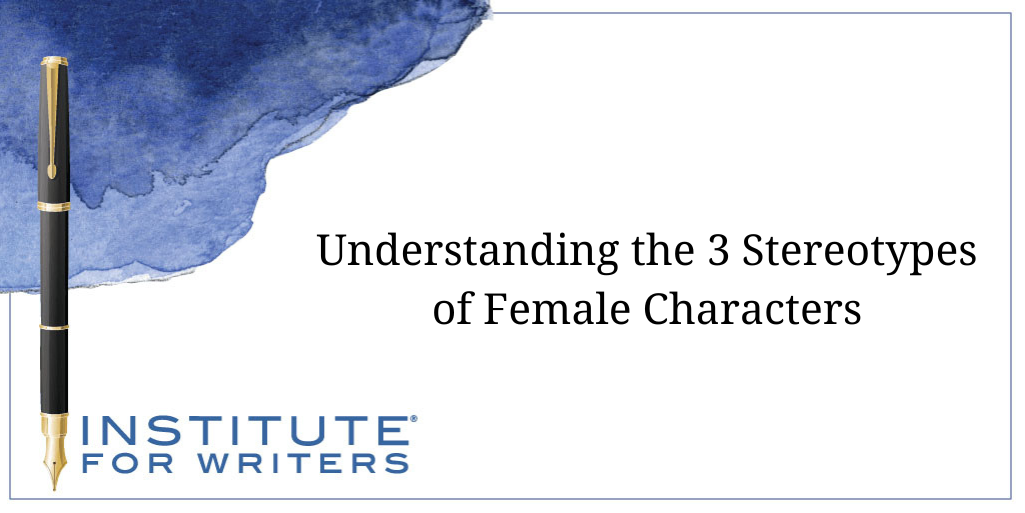
This week, we’re focusing on how we as writers can create strong female characters that others will look up to, instead of harmful stereotypes.
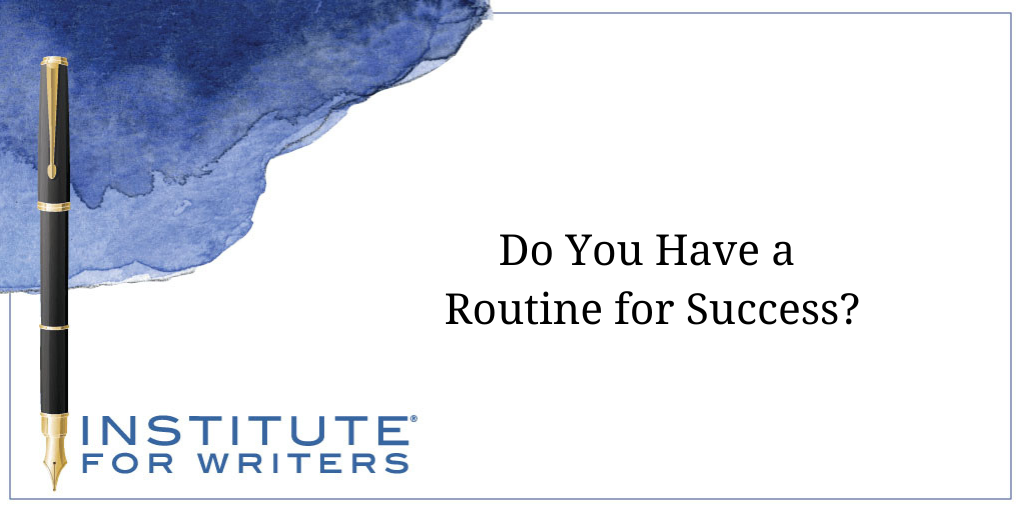
Is your writing routine reaching its potential? Maybe it’s time to take another look so you can see what’s possible for your writing.
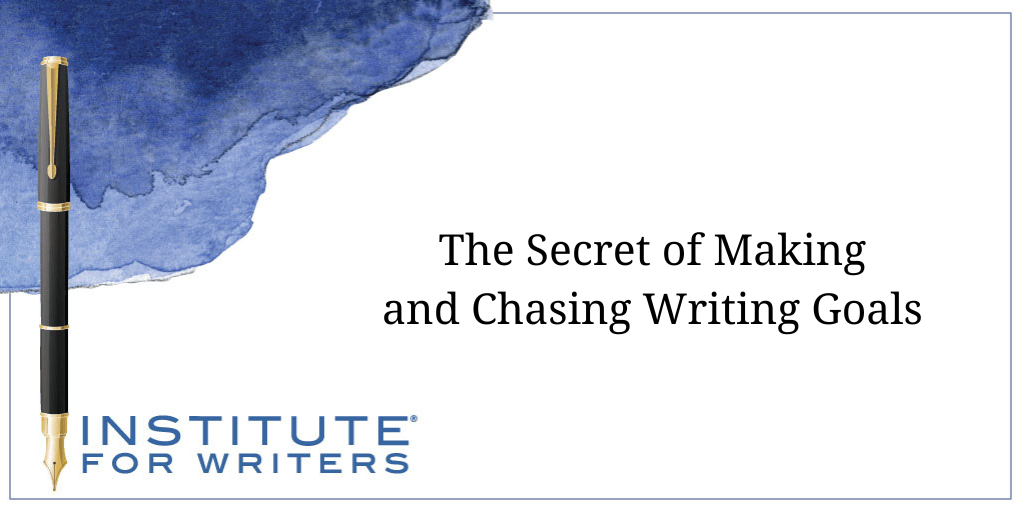
Instead of waiting for inspiration to strike, it’s amazing how making specific writing goals can jumpstart your energy, motivation, and success.
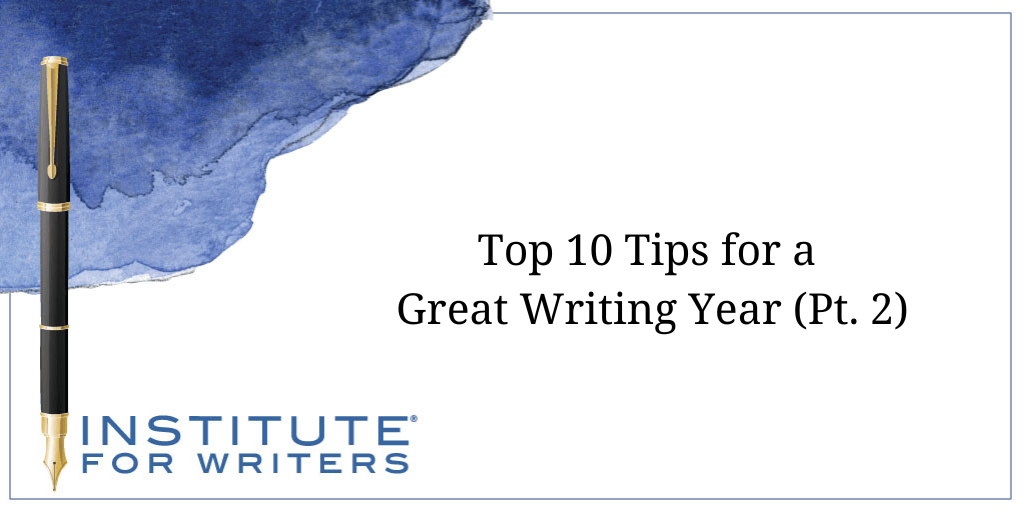
We’ve offered you five writing tips and tricks. Today, we bring you five more actionable tips to incorporate into your writing plan this year.
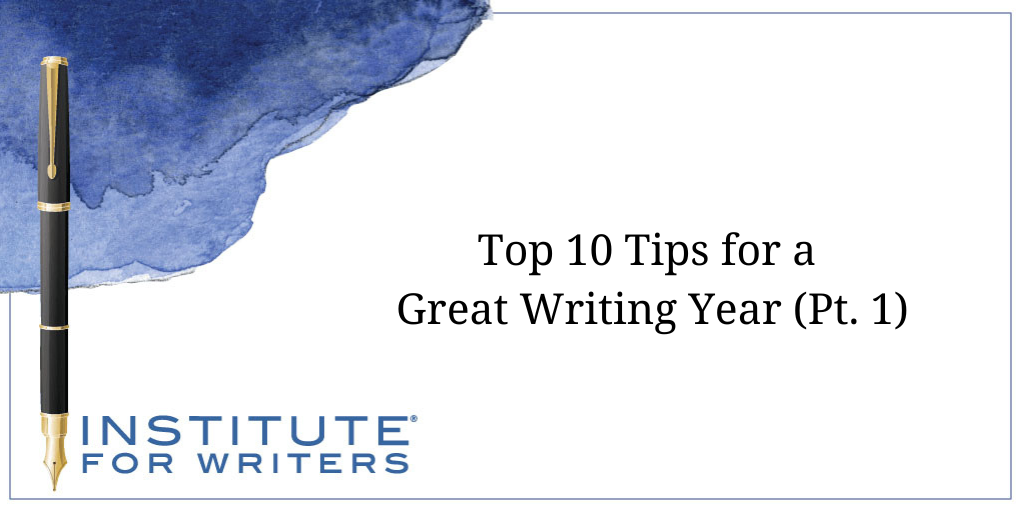
For this month, we’ve rounded up some of the most motivational and actionable tips shared by our IFW bloggers over the years.
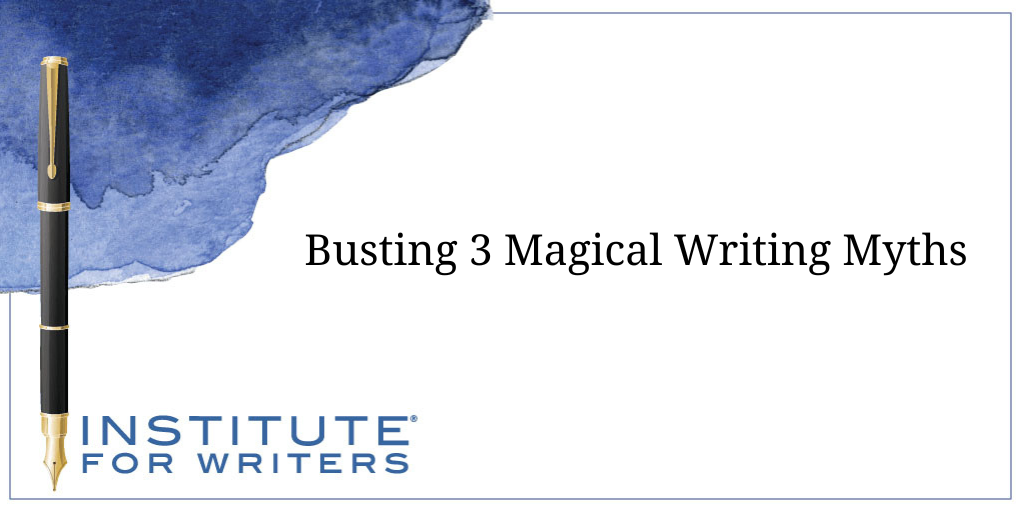
Jan Fields busts three common writing myths and shares how you can be sure these myths don’t derail your writing career before it even has a chance to start.
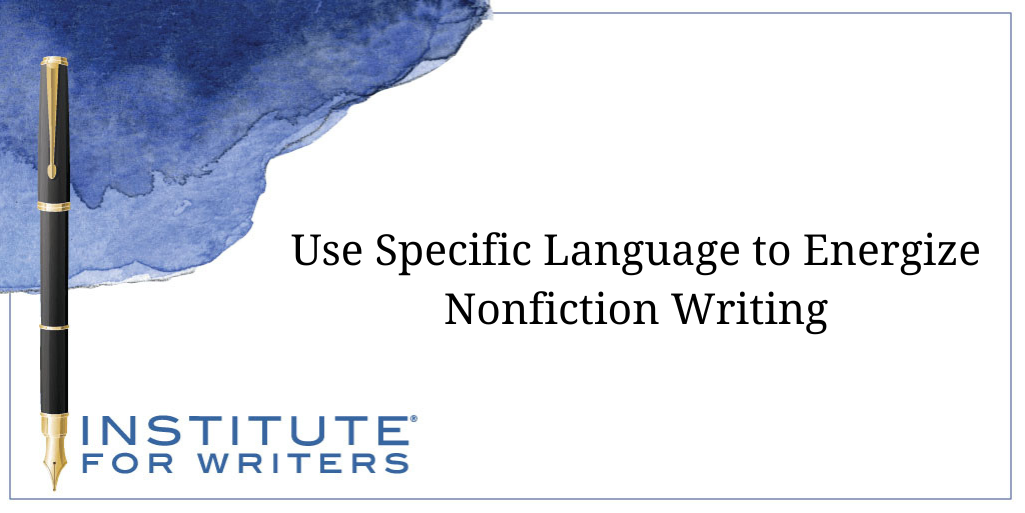
Nonfiction writing doesn’t have to be boring. Learn to recognize generalities and replace them with specific, concrete language and vivid sensory details.
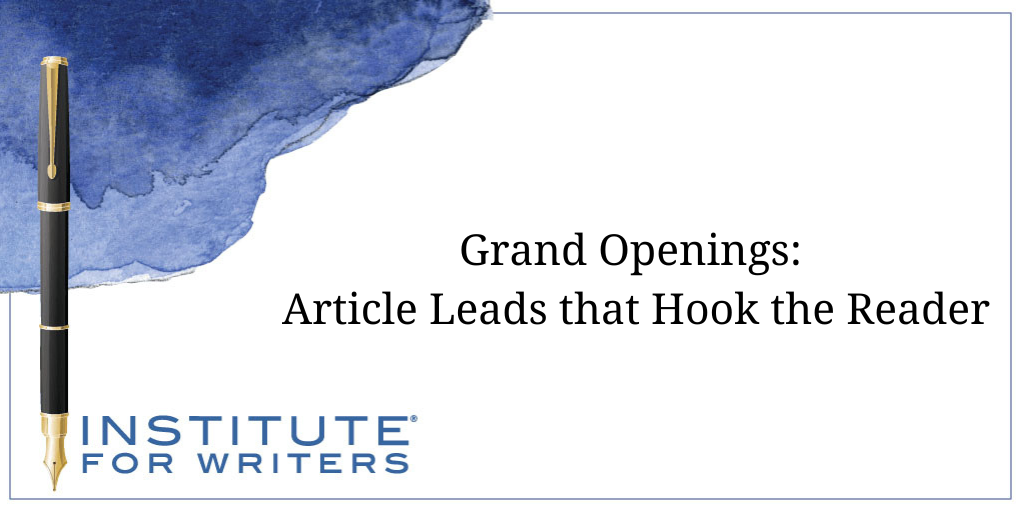
The lead that opens an article often seems like the most challenging part to write but it can be done. Use these tips for article leads that hook the reader.
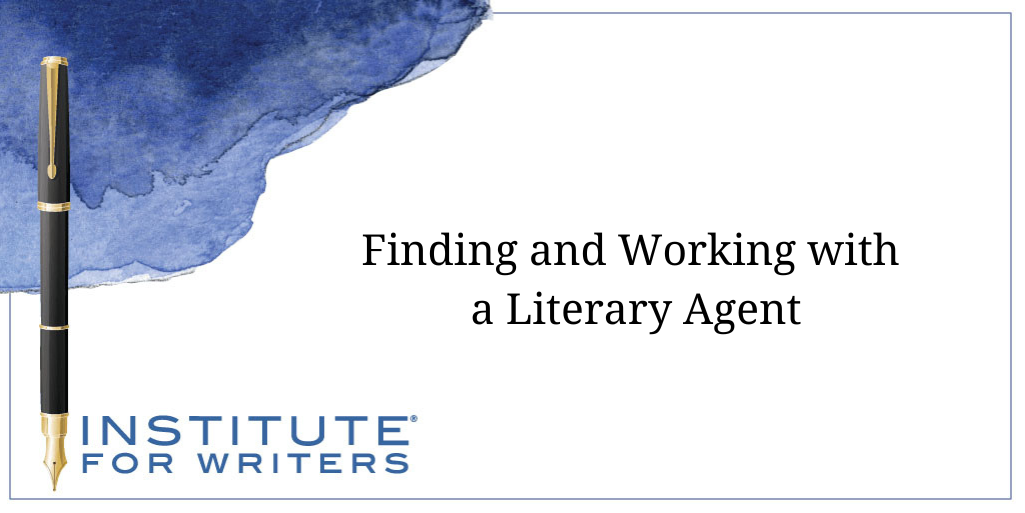
Finding and securing a literary agent is just as difficult as it is to land a good publisher for your book. Susan Ludwig shows us the way in this post.
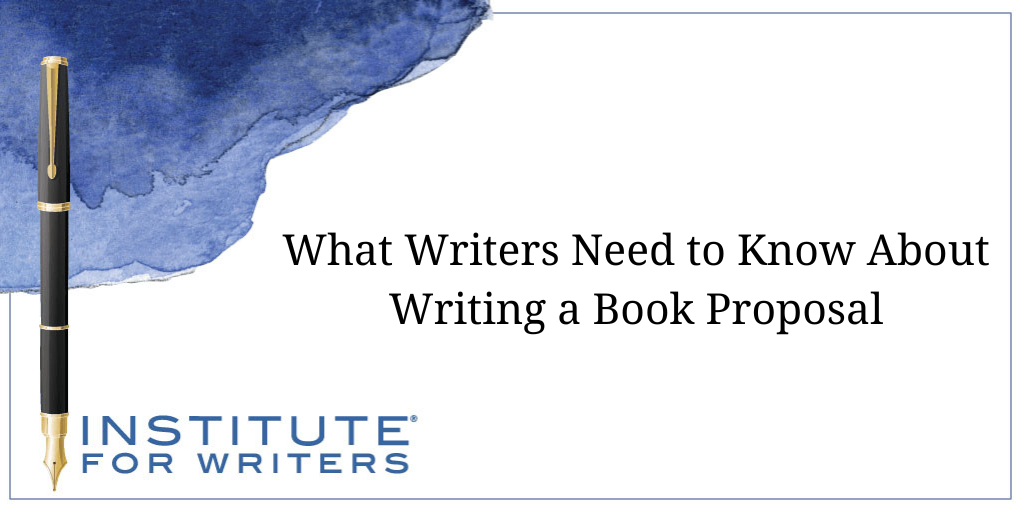
When writing nonfiction, editors generally want to see a book proposal before the book is finished. Here’s what you need to know about writing a book proposal.
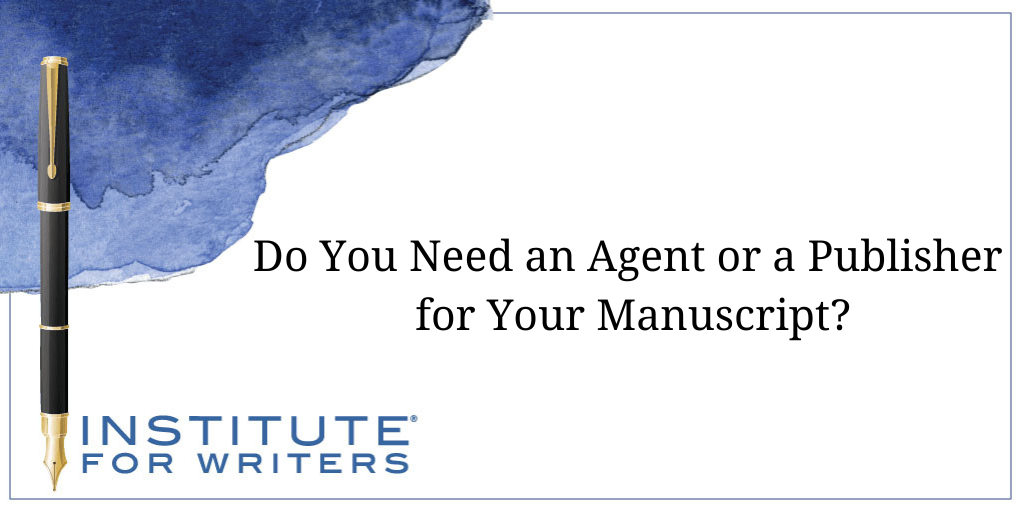
You finished your manuscript. Hooray! Now what? Instructor Susan Ludwig guides us through whether you should look for an agent or a publisher for your work.
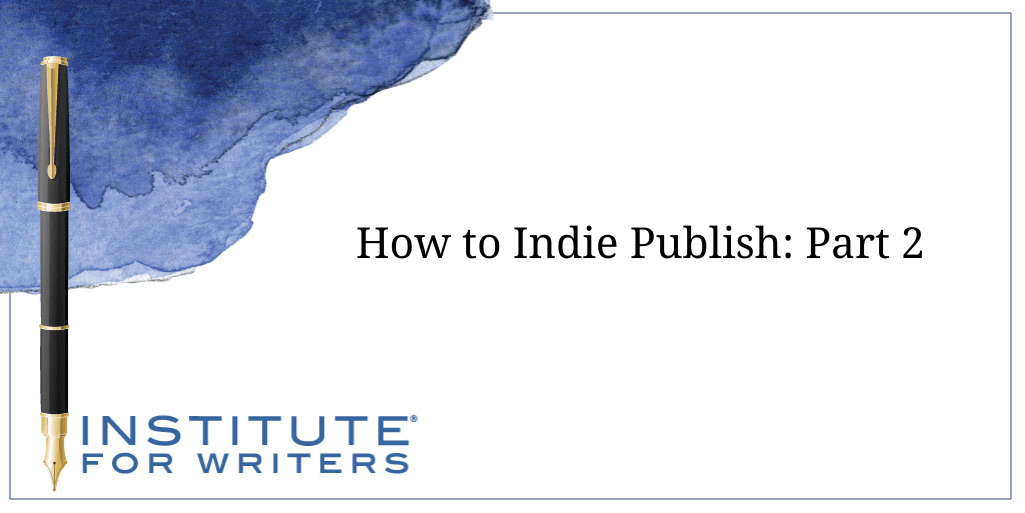
Indie publishing is a broad topic with many nuances. In part 2, Kristin Dawson gives insights on finding an editor, beta readers, and more! Let’s go!
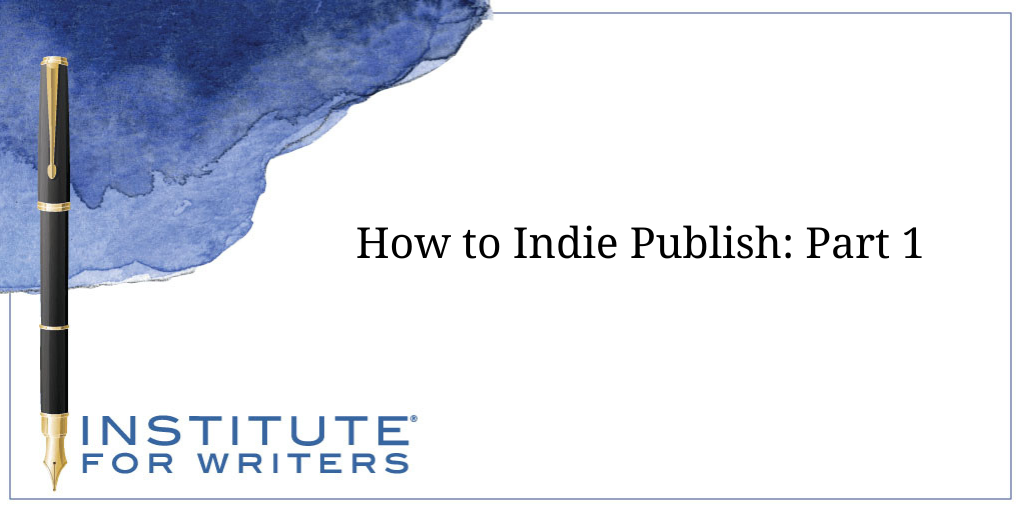
Wondering how to indie publish your novel? Check out this step-by-step process for self-publishing your book with high-level insights and pitfalls.
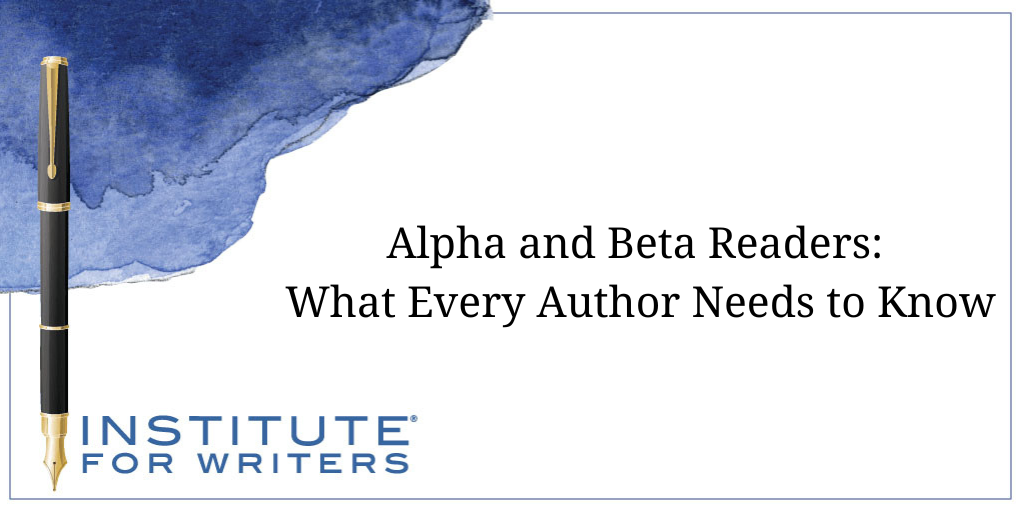
What is an alpha reader versus a beta reader? We break down everything writers need to know about using alpha and beta readers for your next writing project.
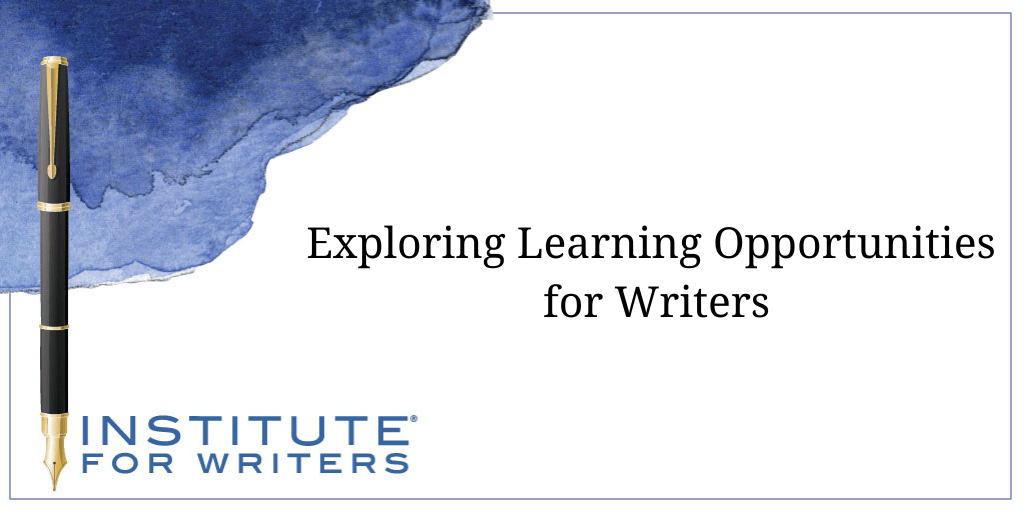
Looking for back-to-school learning opportunities for writers? Susan Ludwig shares places where you can go back to school yourself and hone your writing skills.
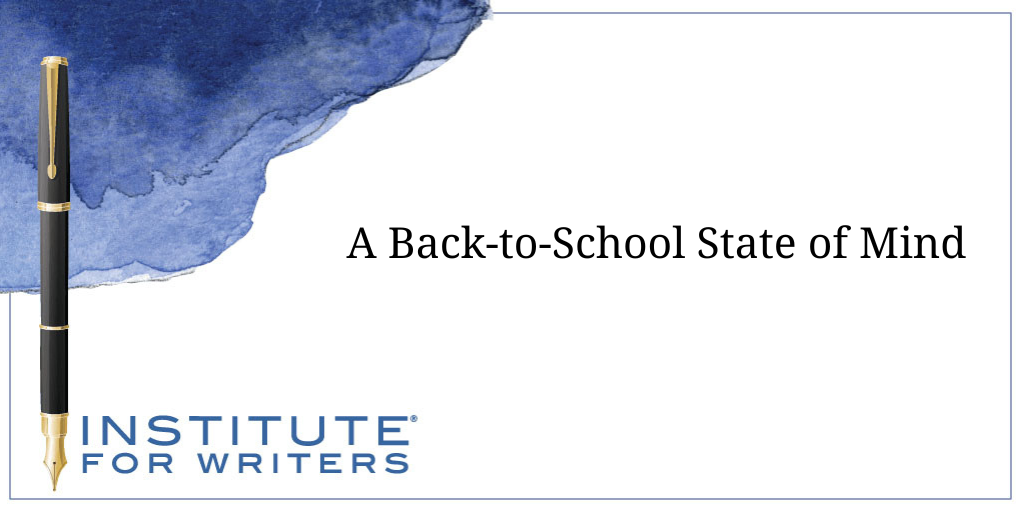
As a writer, you may want to jump on the back-to-school bandwagon. There are an assortment of opportunities for your continuing education in the writing field.
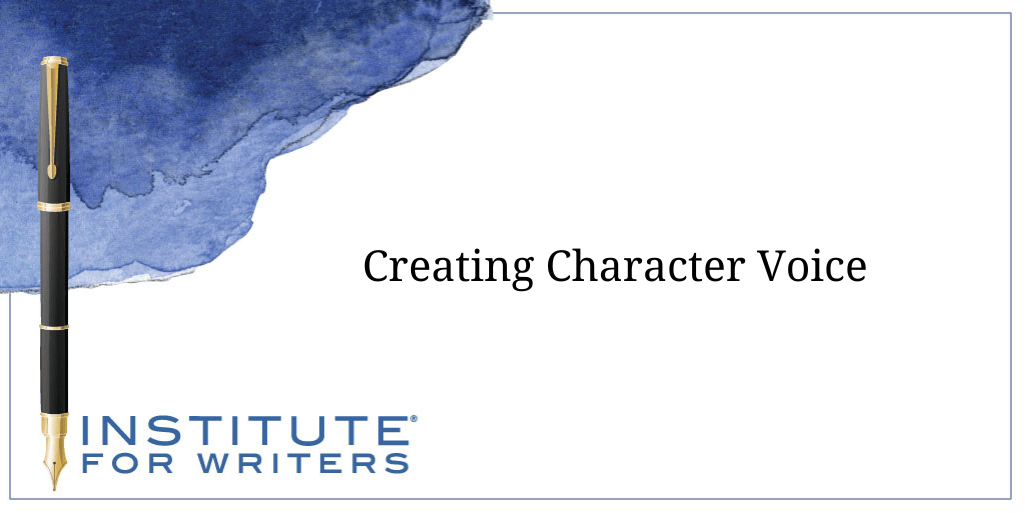
Your readers should sense the subtle (and not-so-subtle) differences between the character voices in the stories you write. Try these exercises today!
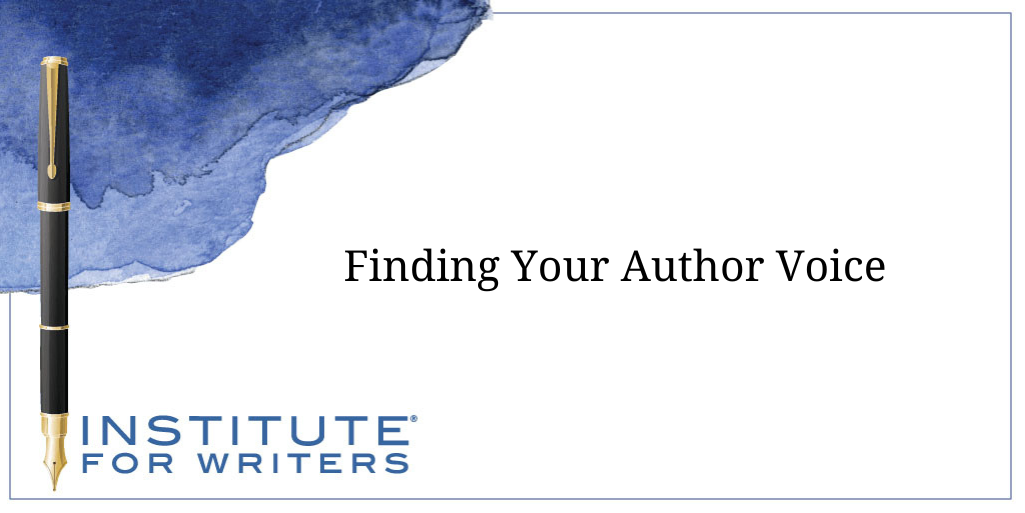
Your author voice has a unique and specific makeup. The way your word choice, writing style, tone, and perspective all make your voice unique to you.
1000 N. West Street #1200, Wilmington, DE 19801
© 2024 Direct Learning Systems, Inc. All rights reserved.

1000 N. West Street #1200, Wilmington, DE 19801
© 2025 Direct Learning Systems, Inc. All rights reserved.

1000 N. West Street #1200, Wilmington, DE 19801
©2025 Direct Learning Systems, Inc. All rights reserved. Privacy Policy.